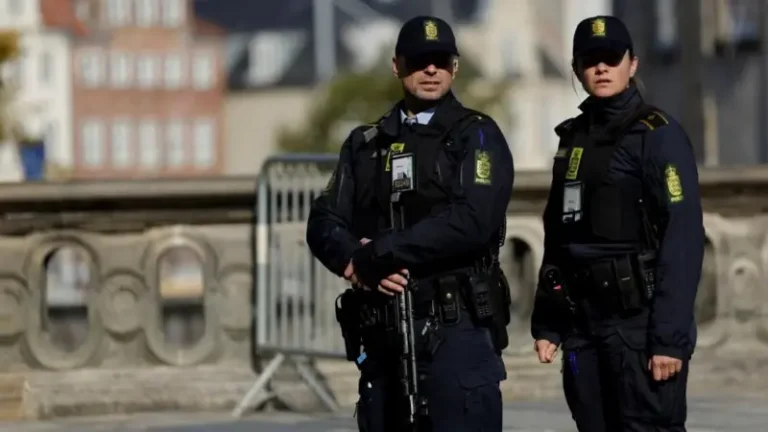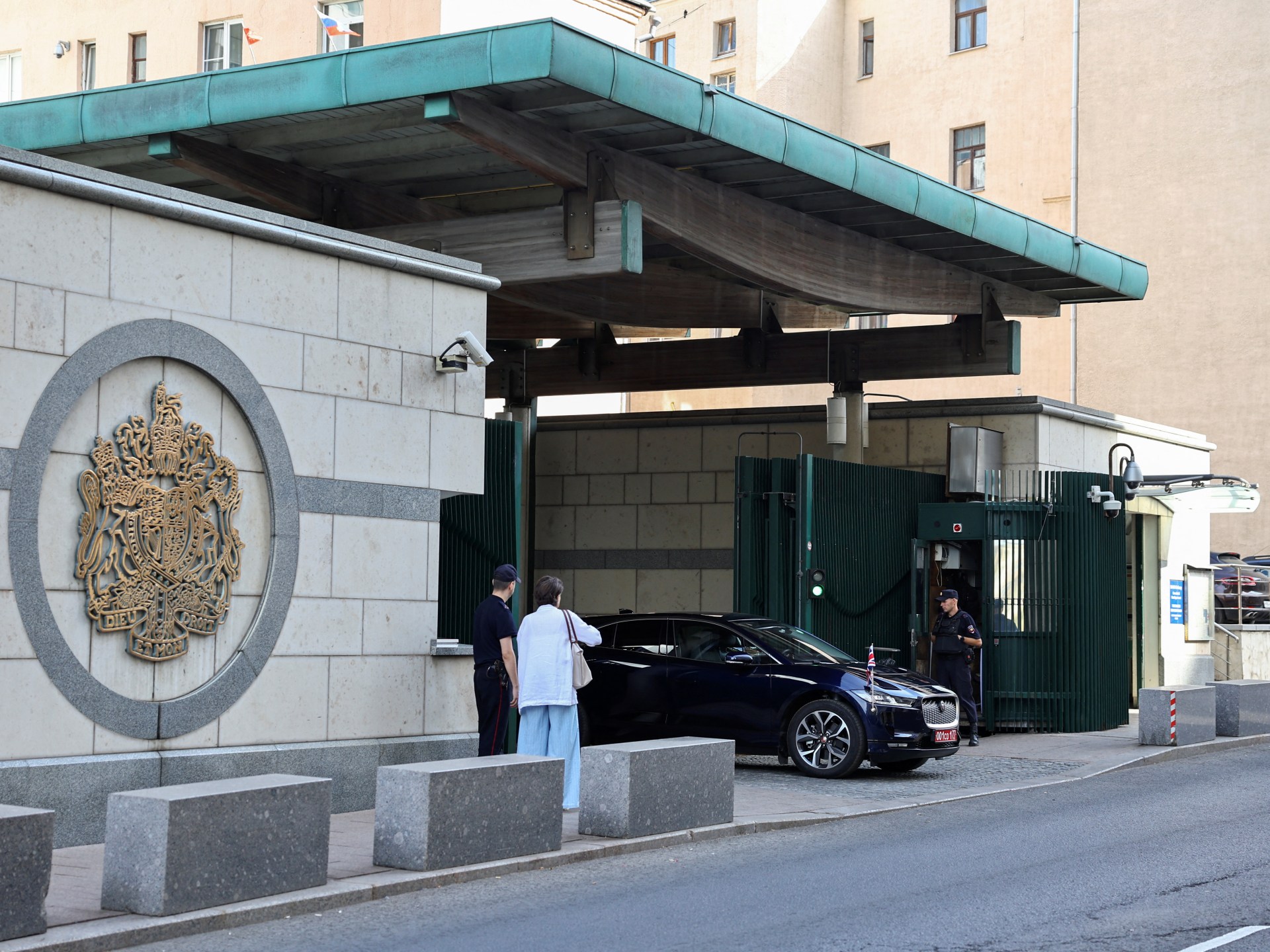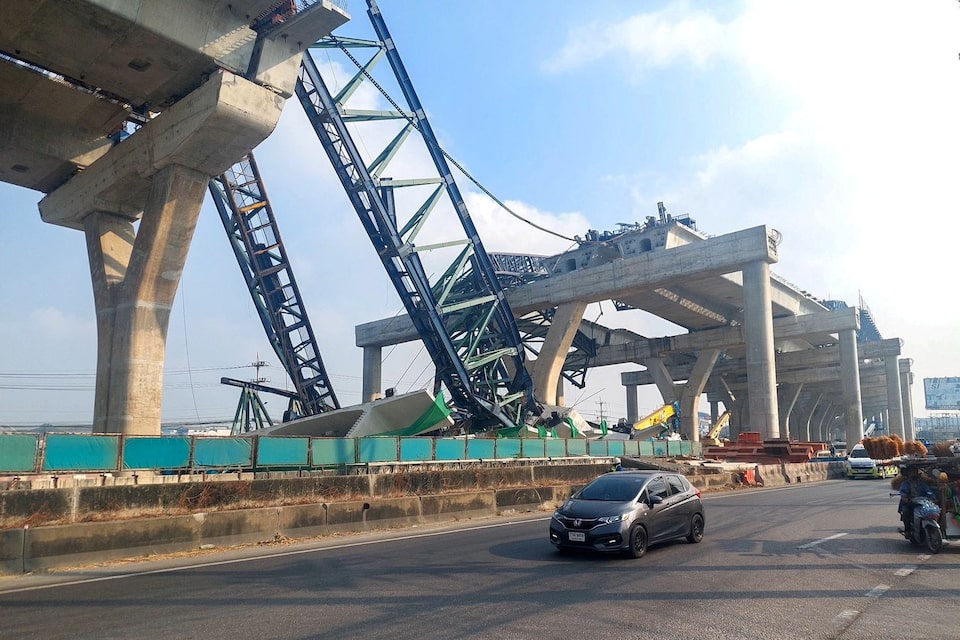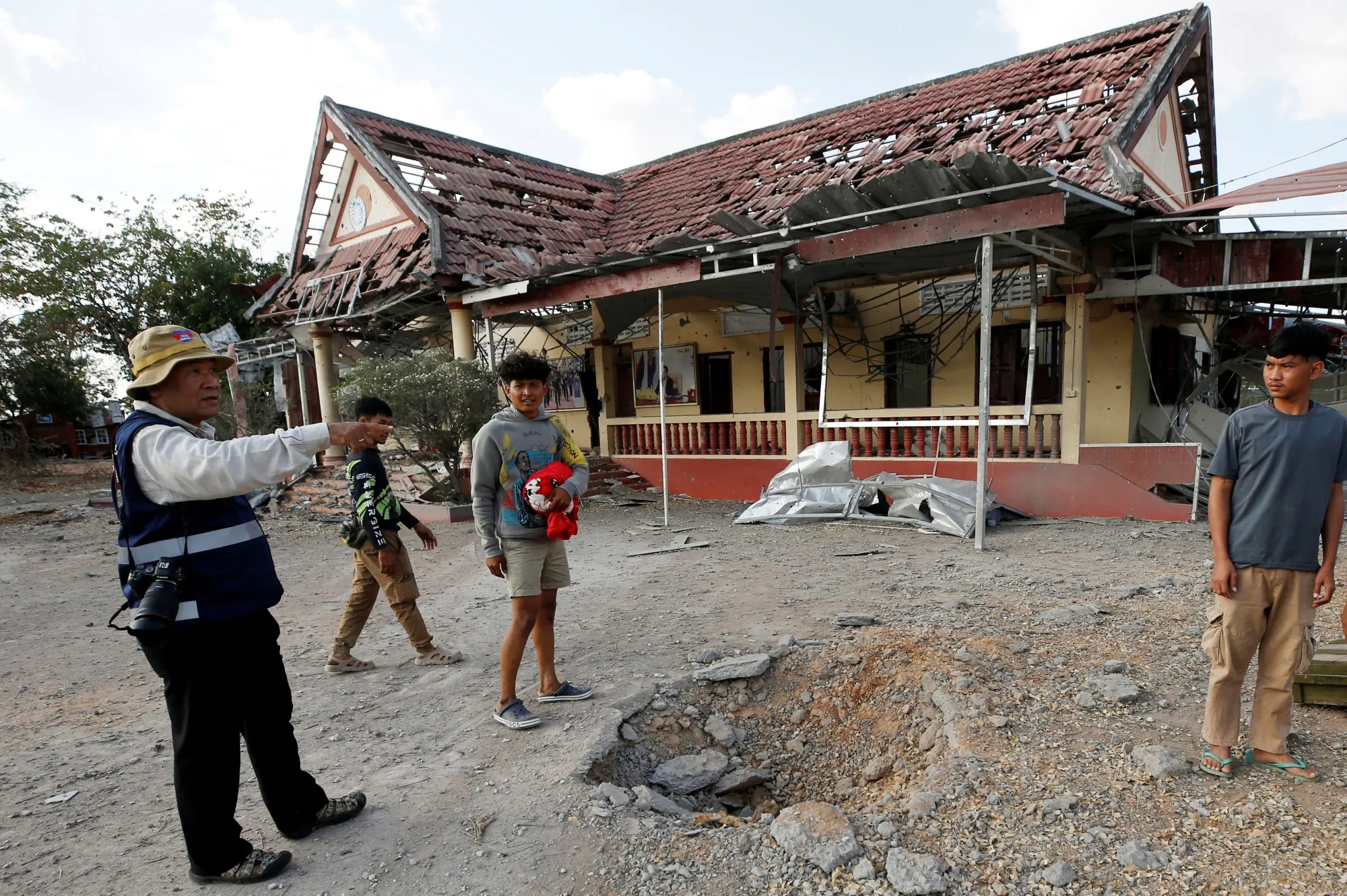When Europe’s leaders touched down in Copenhagen this week, they did so under the shadow of a new kind of threat. Airports across Denmark had only just resumed normal operations after unexplained drone activity disrupted flights and rattled the country’s airspace. The timing could not have been sharper: within days, dozens of presidents and prime ministers would gather for back-to-back summits on security and cooperation.
Denmark responded with extraordinary measures. Civilian drone flights were banned, air traffic was heavily restricted, and foreign troops quietly deployed radar and counter-drone systems. A German frigate even dropped anchor in Copenhagen’s harbor, a reminder that the city was being guarded from land, sea, and air.
The immediate fear was not isolated. Drones have been sighted from the Baltics to northern Germany in recent weeks, sometimes near airports, sometimes close to sensitive military sites. For states on Europe’s eastern flank, where Polish and Estonian skies have already been tested by Russian aircraft, the pattern feels uncomfortably familiar.
That is why a plan for a so-called “drone wall” is gaining traction. The idea—first floated as a political slogan—is now shaping into a layered defense network: systems that can detect, jam, and neutralize cheap unmanned aircraft before they disrupt lives or paralyze infrastructure. Ten EU states have pledged support, though questions remain about cost, command, and who will lead.
Read Also: China Sentences Tang Renjian, Ex-Agriculture Minister To Death
For ordinary Danes, last week’s drone incursions carried a jolt. “It was a wake-up call,” one former military commander admitted, noting that the public suddenly grasped how easily daily routines—an airport run, a flight home—could be unsettled by invisible actors. Officials blame a “professional hand” for the disruption, though they have stopped short of naming Russia outright. Still, few doubt the larger context. As one Scandinavian leader remarked bluntly: “Everything points in the same direction.”
The wider mood across Europe is shifting. Leaders are beginning to speak less about abstract threats and more about a reality they can feel: skies pierced, borders tested, air traffic halted without warning. “We are not at war,” Germany’s chancellor warned this week, “but we are no longer at peace either.”
That line, stripped of its politics, may be the most telling. Europe is relearning an old lesson: the frontier of security is no longer only at its borders. Increasingly, it is overhead.










